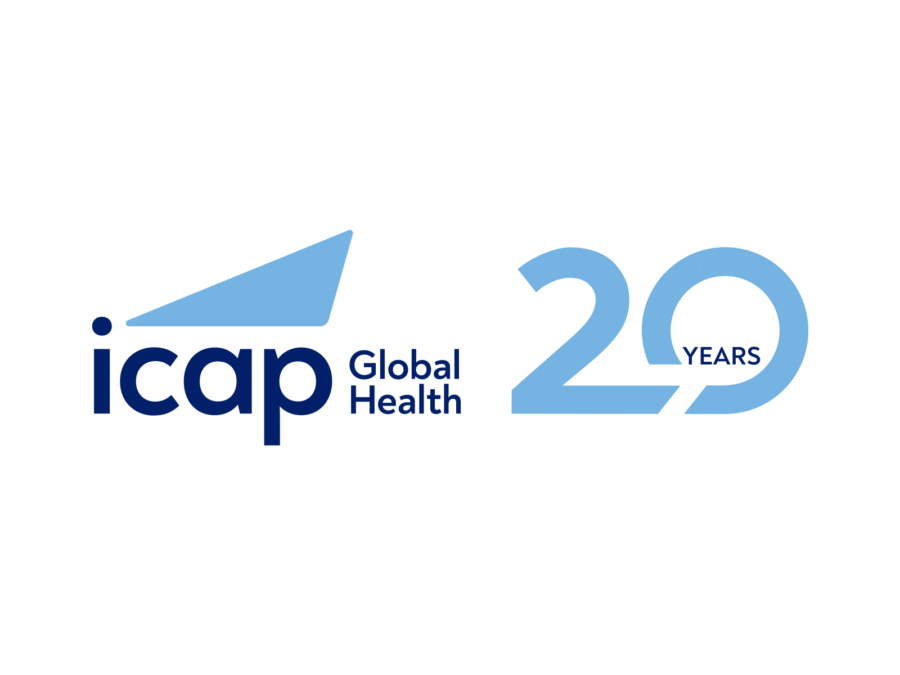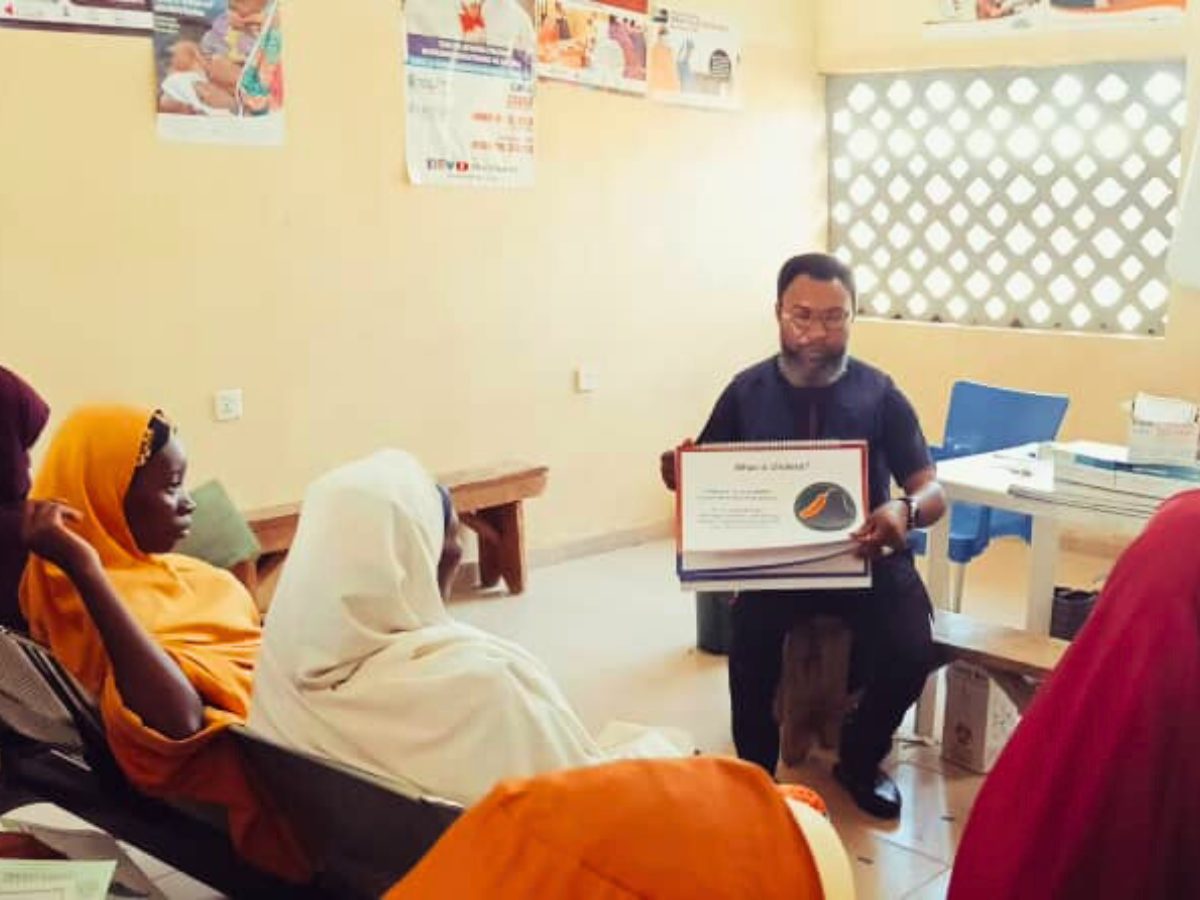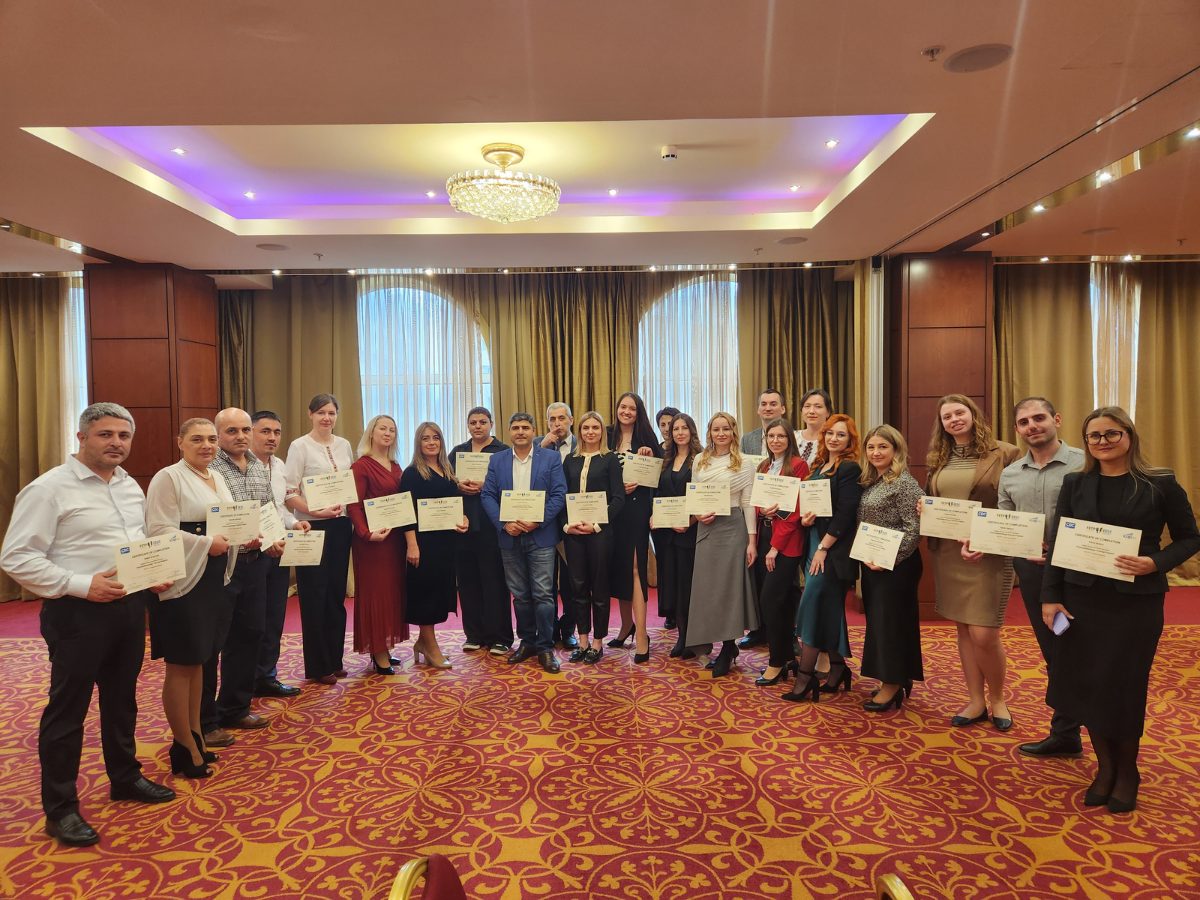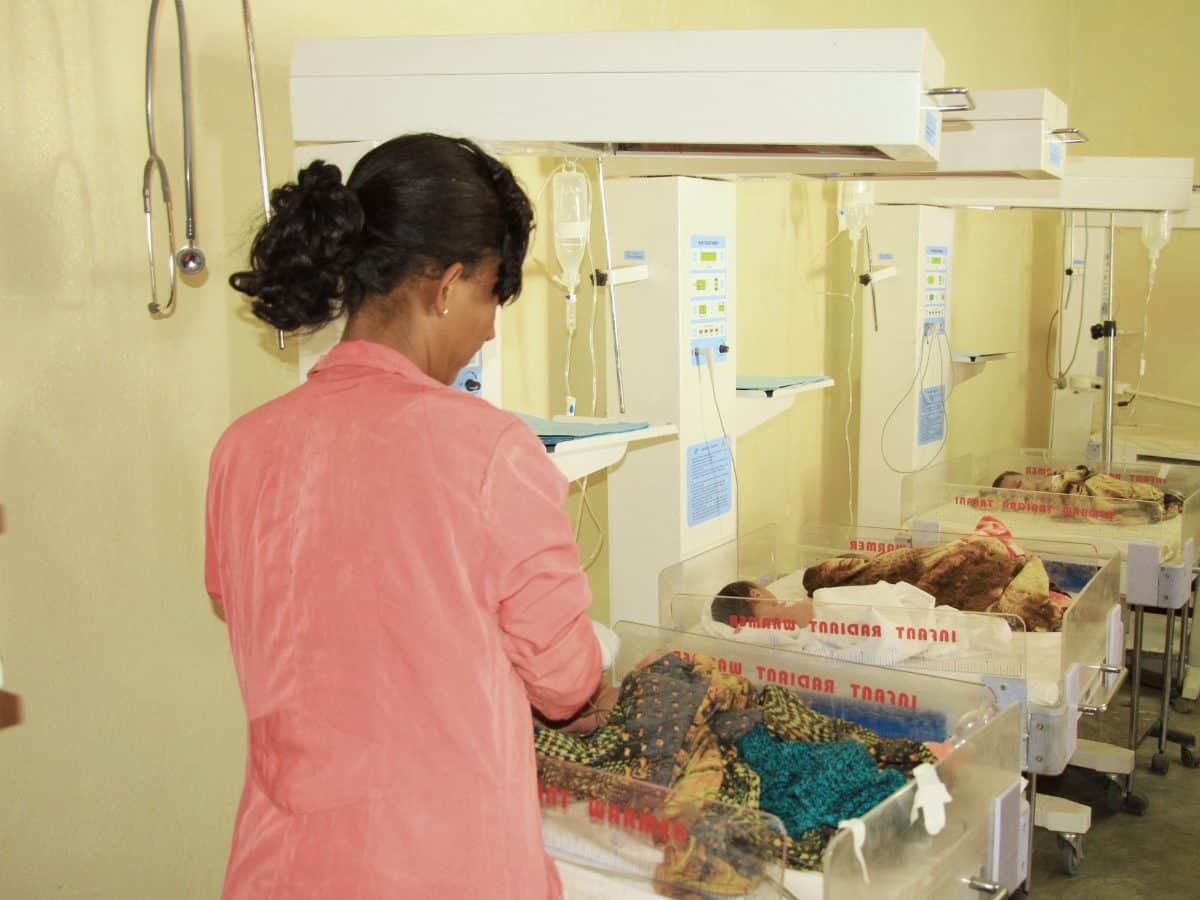In Harlem, excitement builds for groundbreaking study that could provide next insights into HIVprevention
One Giant Leap
The study participant lounging in the infusion chair has just finished his first intravenous infusion of VRC01, an antibody against HIV being evaluated by the HIV Prevention Trials Network (HPTN) and the HIV Vaccine Trials Network (HVTN) at ICAP’s HPTN-supported research site in Harlem.
“That’s one small step,” says someone in the office. “One giant leap…” retorts someone from behind a cubicle.
It’s a statement said in jest between colleagues, but given the occasion, it may actually ring true. As far as HIV prevention research goes, this study could prove to be as important as Neil Armstrong taking that first step on the moon.
The participant is the first to be enrolled in the Antibody Mediated Prevention (AMP) Study at the Harlem Prevention Center which is funded by the National Institutes of Health. ICAP is also enrolling participants for the same study not far away at its research site in the South Bronx, the Bronx Prevention Center. The AMP Study, which is officially known as HVTN 704/HPTN 085 Study is the first to test this new and promising type of experimental antibodies against HIV.
“It’s groundbreaking” says Jun Avelino Loquere, site coordinator at the Harlem Prevention Center. “We are so excited to be part of this very important clinical trial in HIVprevention.”
A Skipped Step
In traditional vaccine studies, people get a vaccine and researchers wait to see if their bodies will produce antibodies against HIV in response. In the AMP Study, researchers are skipping that step altogether. Instead, study participants will receive the VRC01 antibody directly. Laboratory tests have shown that VRC01 can prevent many different strains of HIV from infecting cells and it also works in preventing animals from getting infected.
“It’s a randomized, double-blind, placebo-controlled study,” said Loquere. “Some participants are receiving infusions of VRC01 at two different doses, and some are receiving a placebo, but we don’t know who is getting what.”
The NIH-funded AMP Study, which will enroll and follow about 2,700 men and transgender people who have sex with men in the U.S. and South America, will help researchers learn if the VRC01 antibody will prevent HIV infection in people.
Wait and See
For many, finding a vaccine, which would provide permanent immunity against HIV, remains an elusive ideal. While the human body is resilient and able to fight off viruses such as influenza, HIV has shown itself more adept at adaptation and mutation.
“It’s a tricky virus that has proven difficult to tackle,” said Dr. Sharon Mannheimer, associate professor of clinical medicine in epidemiology at the Mailman School of Public Health and site leader of the Harlem Prevention Center.
She refrains from betting the long odds. Instead she focuses on the short gains, which if achieved, would be pretty remarkable in their own right.
“What we are trying to do is expand the toolbox of prevention options available to people at risk for HIV and provide a mix of tools that work in the real world to prevent HIV,” she adds.
Current HIV prevention methods include condoms and pre-exposure prophylaxis, more commonly known as PrEP, among others. While both have been shown to be highly effective at preventing HIV infection, each has their own challenges. People tend to be inconsistent when it comes to condom use and some PrEP users faced struggles with being able to adhere to daily pill, side effects, and stigma.
It’s something Dr. Mannheimer witnessed firsthand during her work as site principal investigator of the HPTN 067 (ADAPT) Study , which found that some PrEP study participants encountered distrust and unwillingness from partners to engage in sex after learning about their PrEP use.
If the VRC01 antibody proves effective, it will shed light on whether and how VRC01 and similar antibodies can protect against HIV infection. Such insights may lead to finding a new way of using antibodies to protect against infection but also inform future HIV vaccine development.
“If these infusions which need to only be delivered every other month work, it could serve as a more convenient way to protect from getting HIV infection compared to the need to take daily pills as is the case with current option for PrEP. It could also provide other valuable benefits such as greater privacy and control for individuals who face scrutiny and pressure when it comes to sexual behaviors,” said Dr. Mannheimer.
With this in mind, Mannheimer is willing to dream a little.
“If an infusion works at a lower dose, we might be able to do injections instead of intravenous infusions,” she says. “And if we can do subcutaneous or intramuscular injections, then we are really beginning to simplify HIV prevention.”
A Community Eager to Help
At the Harlem Prevention Center, those streaming in for more information are eager to learn more after contact with the site’s outreach team.
“Everyone is always excited when we do these types of studies,” said Louis Shackelford, community education coordinator at HPC. “This is one of the hardest hit communities by HIV in the US, so for many in Harlem, this is personal.”
Most days, Shackelford and other members of the outreach team are walking 125th street or standing in front of a popular stores engaging with community members, providing information and seeking individuals interested in taking part in the one of the several studies conducted at HPC.
For those who make it beyond the pre-screening, they receive a full assessment including detailed history, medical examination and laboratory tests. For many in the community, this is the first time they have received a full medical screening in years. The screening is used to both determine if a person is appropriate to take part in the AMP Study and to refer those with underlying medical conditions for further work-up and management.
Those that are enrolled into the study return every two months for an infusion, an HIVtest, and HIV prevention counseling. While the study is expected to take around five years overall, each participant will be in the study for a little less than two years.
“They want to help get the answers to the study questions,” says Shackelford. “They’ll see it through.”
Before Shackelford readies to turn in for the evening, a young man approaches with his hand outstretched. “What’s going on this time?” he asks. Shackelford gives him a brochure and provides a brief overview of the AMP Study, and explains to him what his participation could possibly mean.
“Bet,” he says. Slang for okay. He flips through the information packet and then looks up. “You know, I had a few friends die from this and that makes me want to be part of figuring out how to stop it.”
It’s a familiar refrain.
“The possibility of a big breakthrough is a huge motivator,” says Shackelford. “I think a lot of people feel like him, they feel indebted to the friends they’ve lost to HIV.”








